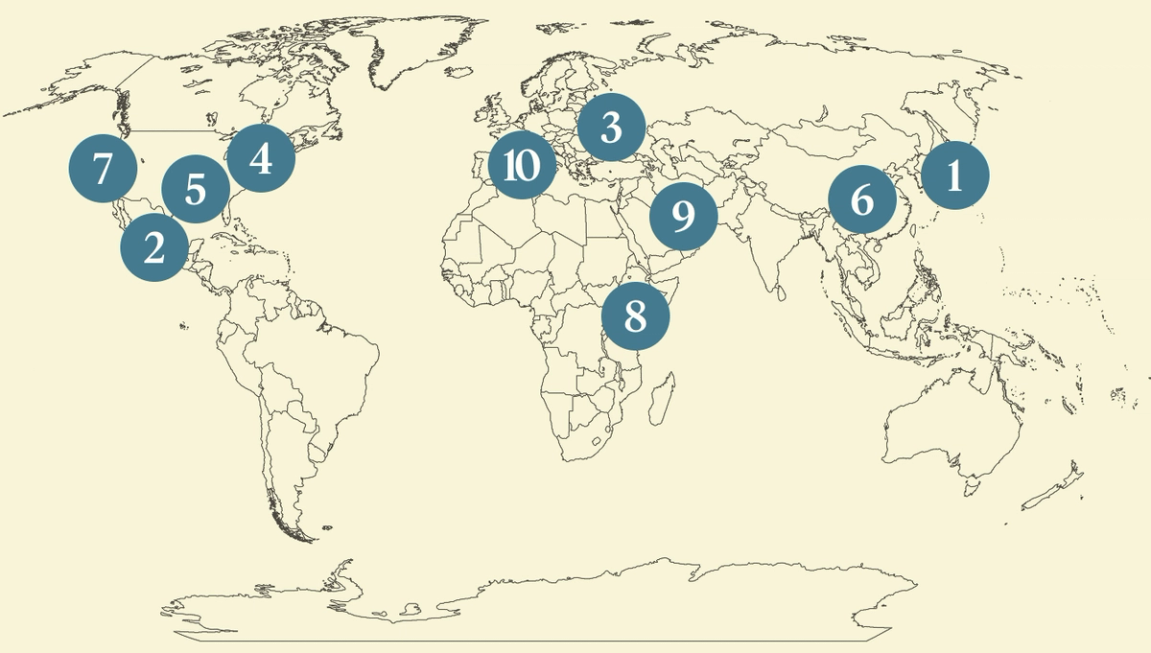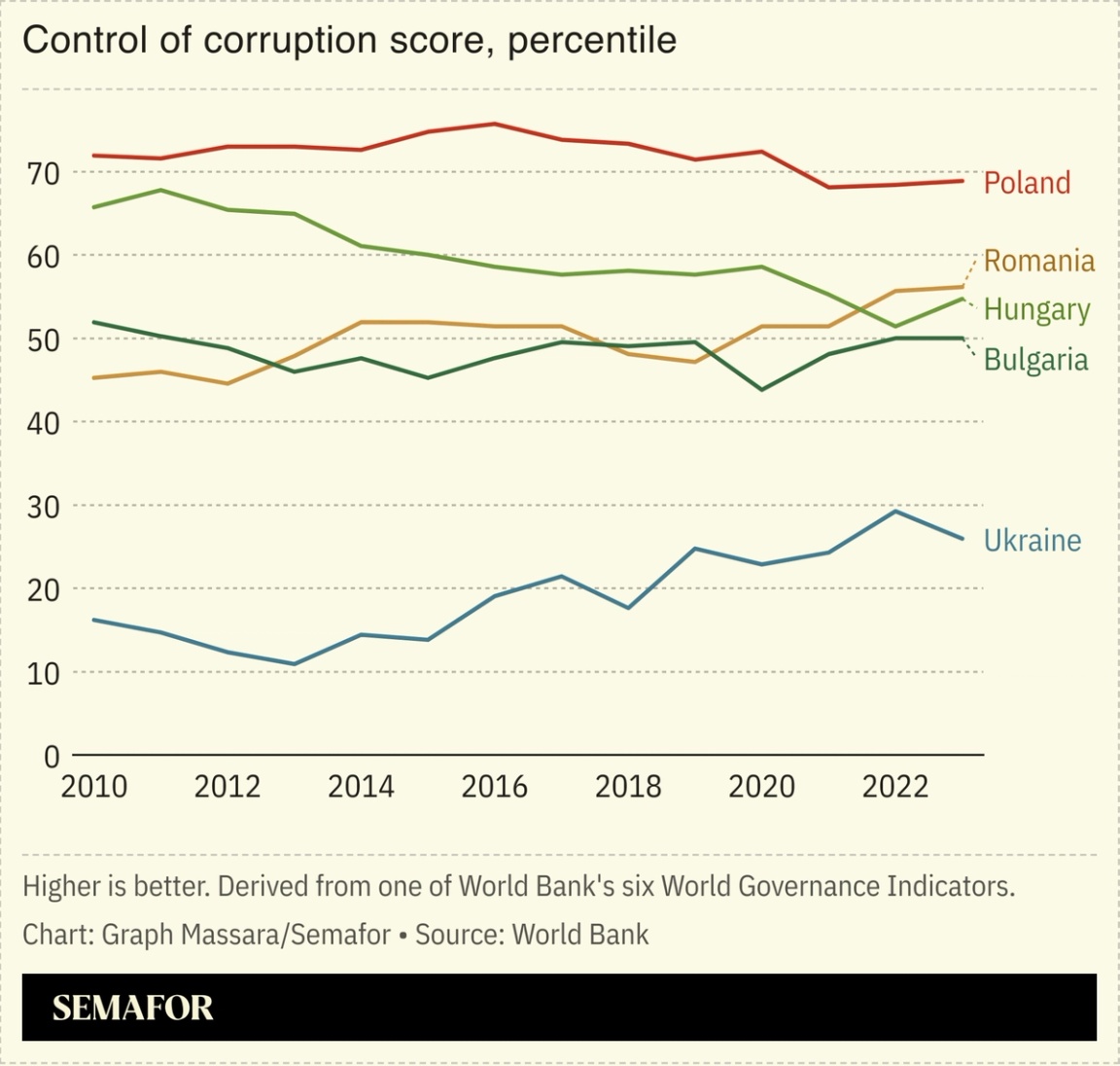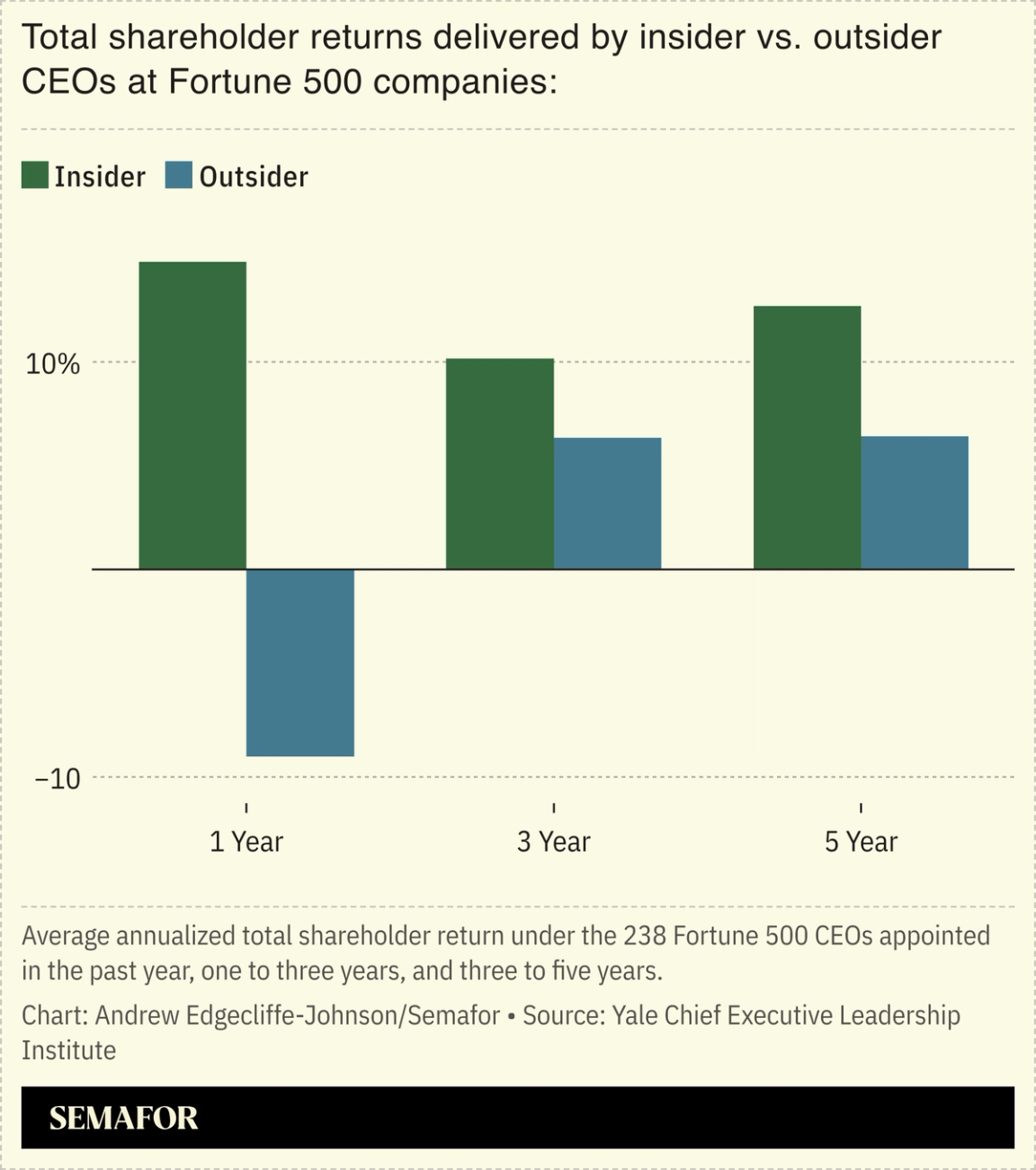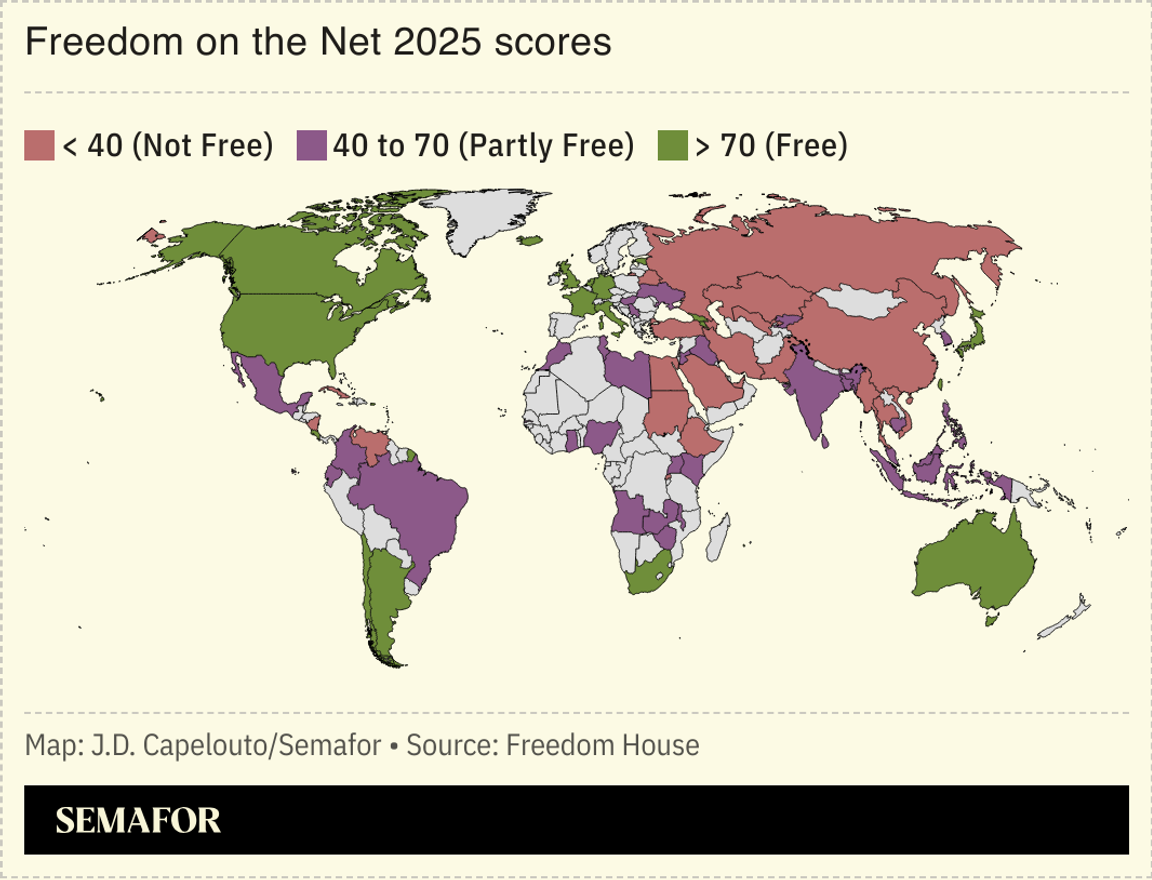| | Tensions escalate between Japan and China, Donald Trump’s base fractures further over Jeffrey Epstei͏ ͏ ͏ ͏ ͏ ͏ |
| |  | Flagship |  |
| |
|
The World Today |  - China-Japan tensions rise
- Widespread Mexico protests
- Ukraine energy overhaul
- New divisions on US right
- Walmart CEO retiring
- China’s state-backed startups
- Hack boosts Anthropic rep
- Internet freedoms fall
- Illegal sports streaming bust
- Young people love cruises
 Decommissioned statues make an artistic statement in LA. |
|
Japan-China tensions rise over Taiwan |
 Kim Kyung-Hoon/Reuters Kim Kyung-Hoon/ReutersTensions between Tokyo and Beijing escalated Sunday, stemming from a spat over Japanese Prime Minister Sanae Takaichi’s comments about Taiwan. China sent its coast guard and military drones to the waters around outlying islands that both countries claim; Beijing also advised citizens to avoid traveling to Japan, and warned students there of heightened risks. It comes after Takaichi said a Chinese attack on Taiwan could trigger a military response from Tokyo — unprecedented remarks from a Japanese leader. Beijing’s retaliation could impact tourism in Japan — China “has a history of using economic levers as cudgels” against Tokyo, The Japan Times noted. The row now threatens to become the countries’ worst flare-up since 2012, when an East China Sea dispute triggered widespread unrest. |
|
Thousands protest crime in Mexico |
 Jose Luis Gonzalez/Reuters Jose Luis Gonzalez/ReutersThousands protested across Mexico on Saturday, pushing back against corruption and the government’s handling of violent crime. While Mexico’s opposition is loosely organized and President Claudia Sheinbaum enjoys widespread popularity, the demonstrations point to rising unease over public safety: The country has seen several high-profile murders, including the assassination of a mayor who had clashed with Sheinbaum over confronting organized crime. The political initiative he founded — the Sombrero Movement — has since expanded, with the sombrero becoming “a symbol of resistance against the brutality of violence,” El País wrote. Saturday’s marches evoked the global wave of “Gen Z” protests opposing graft — thousands also rallied in Manila on Sunday — though young protesters were the minority in Mexico, according to El Universal. |
|
Zelenskyy looks to clean up energy sector |
 Ukrainian President Volodymyr Zelenskyy vowed to overhaul the country’s embattled energy sector following accusations of widespread corruption. Zelenskyy sacked the leaders of three state-run energy companies and called for other organizational shakeups. Investigators last week alleged about $100 million was embezzled in a kickback scheme involving Ukrainian elites, including Zelenskyy’s former business partner. It marked Ukraine’s biggest corruption scandal since Russia’s 2022 invasion, and poses a fresh test for Zelenskyy, who came under fire earlier this year for curbing the independence of anti-corruption agencies, a decision he later reversed. Kyiv is trying to bolster its energy supply following Moscow’s attacks on power infrastructure: Zelenskyy struck a deal Sunday for Greece to provide liquefied natural gas to cover Ukraine’s needs this winter. |
|
Divisions widen on US right over Epstein |
|
 The Secretary of Health for Maryland, Meena Seshamani, M.D., Ph.D., will join the stage at The Future of Health Forum in Washington, DC on November 18, 2025. As discussions continue around federal programs such as the ACA subsidies extended under the 2021 Inflation Reduction Act, Americans are confronting rising healthcare costs, shrinking community services, and persistent workforce shortages. Affordability, access, and quality of care remain more urgent concerns than ever. To explore the factors shaping this moment — and potential solutions — Semafor will convene leading experts for a forum on the future of US health care. Nov. 18 | Washington, DC | RSVP |
|
Walmart CEO retires at pivotal time |
 Walmart CEO Doug McMillon’s surprise retirement announcement comes at a pivotal moment for the retail giant and for corporate America’s executive class writ large. John Furner, head of Walmart US and a company veteran, is taking over Jan. 31. McMillon leaves the company “firing on all cylinders — but that’s not always a comfortable place for another executive,” a Bloomberg columnist wrote. Walmart’s challenges include navigating a global trade shakeup and an AI boom that’s rewiring e-commerce. The US is in the “twilight of the star CEO,” Axios wrote, as Disney hunts for Bob Iger’s replacement and Apple reportedly plans for Tim Cook’s succession. They need not look far: A Yale study showed insiders promoted to CEO consistently outperform outside hires. |
|
Spotting cybercrime generates AI buzz |
 Yves Herman/Reuters Yves Herman/ReutersAI startup Anthropic’s announcement that it had disrupted a Chinese cyber-espionage attack also serves as a marketing tool for its platform, analysts said. The California firm said its language model, Claude, was jailbroken and given targets, mainly government agencies and financial institutions; Anthropic called it an “inflection point” in cybersecurity, given the minimal human involvement in the hack, though human hackers — allegedly from a Chinese state-affiliated group — still had to orchestrate the operation. “When it comes to AI marketing, the more apocalyptic the better,” Semafor’s Rachyl Jones wrote: That the hackers used Claude, rather than homegrown Chinese models like DeepSeek, highlights Anthropic’s lead in the sector — and is perhaps ironic, because Silicon Valley is itself increasingly using cheaper Chinese AI. |
|
China startups boosted by state capital |
 Tingshu Wang/Reuters Tingshu Wang/ReutersChinese startups are growing less dependent on foreign venture capital, and are instead looking to local governments for backing. Beijing has long supported its domestic industries like manufacturing and green tech, turning the country into an export powerhouse. Now, government funds are increasingly aimed at startups in critical, emerging fields like AI, Nikkei reported. Overseas financing represented 10% of Chinese startups’ fundraising in the first eight months of this year, down from 50% in 2018. The divergent capital flows reflect the deterioration in US-China relations and threaten to exacerbate the countries’ competition in high-tech sectors; despite being subject to US export restrictions, China’s Zhipu AI is preparing to go public with municipal government backing. |
|
Global web freedoms tumble |
 Global internet freedom declined for a 15th consecutive year, according to Freedom House’s annual report. “Always grim reading,” this year’s is particularly sobering, Tech Policy Press noted, with the lowest-ever portion of users living in countries categorized as “free.” Conditions declined in 27 of the 72 countries assessed, with those in Kenya — where anti-corruption protests were quelled, in part, by a seven-hour internet shutdown — deteriorating the most. China and Myanmar tied for least-free, and the US’ ranking dropped, while Iceland retained its top spot for the freest digital environment. Bangladesh improved the most. The most consistent trend observed over 15 years, Freedom House noted, is the growing digital influence of state actors: “Online spaces are more manipulated than ever.” |
|
Sports streaming platform shut down |
The world’s largest illegal sports streaming platform was shut down — though perhaps not for long. Spanning some 120 different web domains, Streameast was not a single entity but a “piracy brand” drawing between 1.2 and 1.6 billion users, mostly from Europe and North America, and generating $6.5 million in ad revenue annually, according to the Motion Picture Association. In 2019, the MPA pegged the cost to the US economy of video piracy at $29.2 billion each year. Investigators traced crypto flows to a Dubai shell company and an Egyptian IP address, arresting two. But they expect copycats to emerge: “When we take one down, five more will come up,” the MPA’s anti-piracy director told The Athletic. |
|
Millennials, Gen Z prop up cruise sector |
|
|